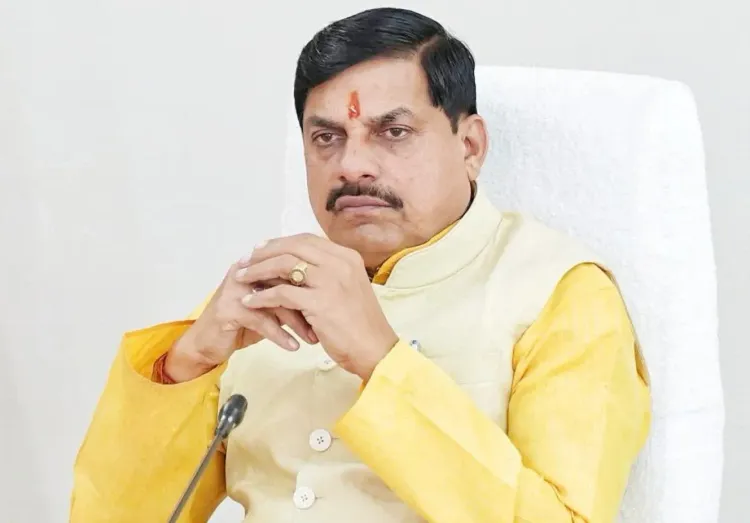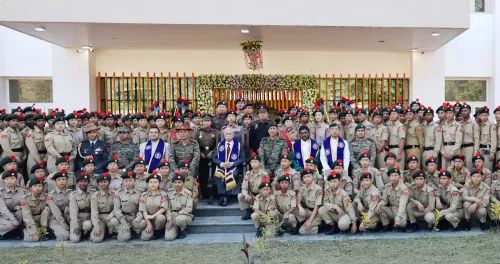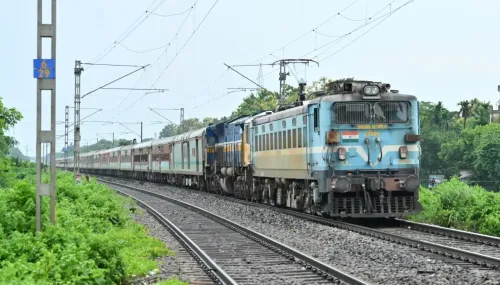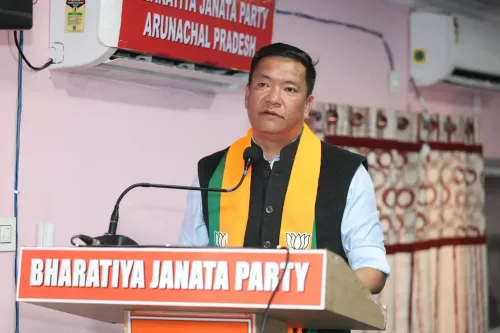Has Pakistan Been Forced to Surrender Again?

Synopsis
Key Takeaways
- India's military strength demonstrated through decisive operations.
- Ceasefire agreement reached after strategic advantage established.
- Leadership of PM Modi credited for empowering armed forces.
- Need for diplomatic dialogue despite military success.
- Public support for government actions amidst calls for peace.
Bhopal, May 10 (NationPress) Madhya Pradesh's Chief Minister Mohan Yadav remarked on Saturday that the leadership of Prime Minister Narendra Modi and the valor of the Indian armed forces have secured yet another triumph against the neighboring nation of Pakistan.
He asserted that India has once more compelled Pakistan to “surrender.”
The Chief Minister stated that the nation reveres PM Modi and the Indian armed forces for this momentous occasion.
“Today marks a historic milestone for India, as Pakistan has once again been forced to yield. This outcome is a testament to the exceptional leadership of PM Modi and the bravery of our forces. Pakistan received a fitting response for the Pahalgam attack,” Yadav declared.
He emphasized that under PM Modi's guidance, India has experienced comprehensive growth over the past decade, including significant enhancements in military capabilities.
He pointed out that those who previously doubted the procurement of Rafale jets now recognize its necessity.
“During the Congress-led UPA administrations, our enemies would harm our soldiers, while the Indian army awaited governmental approval to retaliate. This is the era of Prime Minister Narendra Modi, where our forces are empowered to respond decisively to Pakistan,” Yadav claimed.
The decisive counteroffensive operations carried out by the Indian Armed Forces under 'Operation Sindoor' over recent days, which highlighted the nation's escalating military strength, were instrumental in both India and Pakistan agreeing to a ceasefire late Saturday afternoon.
The halt in hostilities was enacted at 5 PM on Saturday, just hours after India dismantled eight Pakistani air bases, neutralized over 100 high-value terrorists, and caused extensive damage to Pakistan’s terror infrastructure and military support assets.
India consented to cease operations only after establishing a position of superiority.
The agreement, achieved through a direct DGMO-level dialogue, strictly pertains to the cessation of military action across land, air, and sea.










